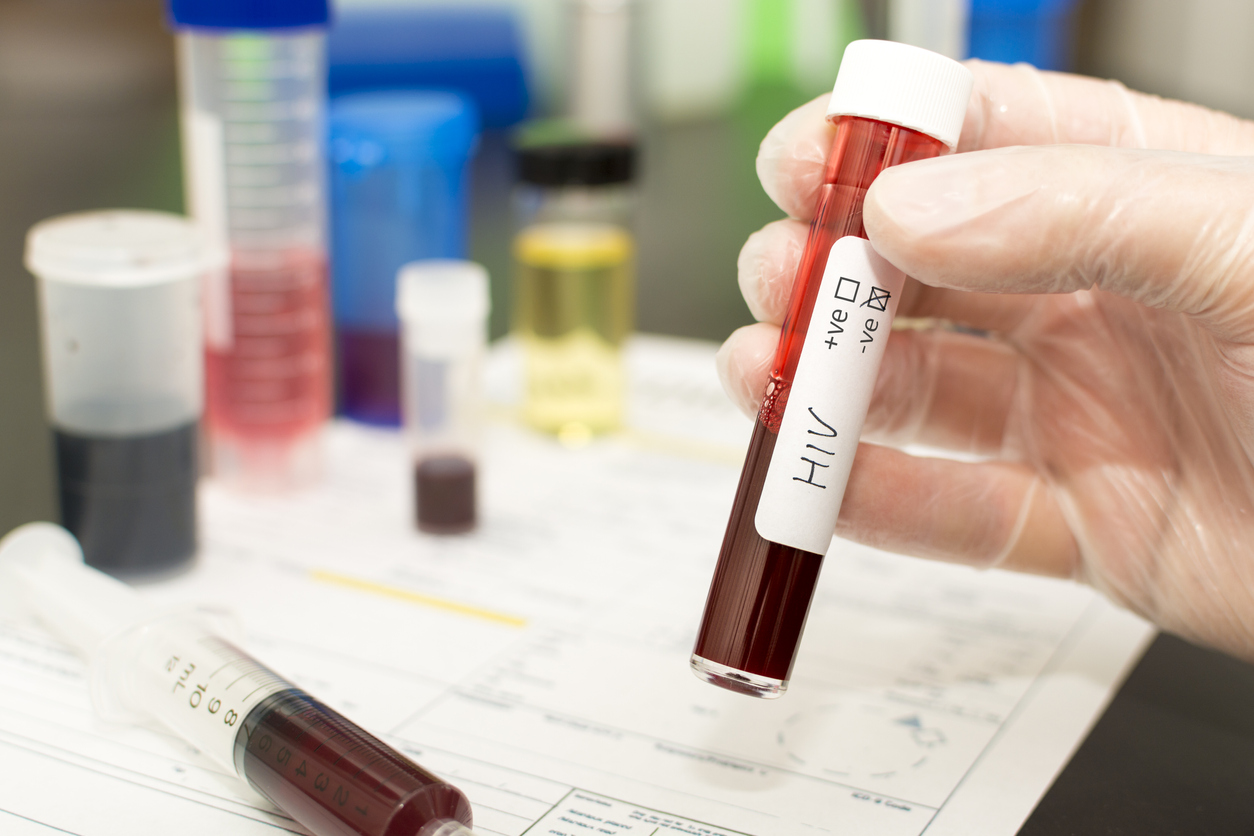Science, Health & Technology
A new study led by researchers at UBC and the BC Center for Excellence in HIV/AIDS (BC-CfE) sheds light on how the COVID-19 pandemic restrictions have impacted another longstanding public health threat – HIV.
The study, published in Lancet Regional Health – Americas, investigated HIV transmission during BC’s initial COVID-19 lockdown (March 22 to May 20, 2020), when strict public health measures reduced social interactions and restricted access to critical health services. Researchers looked at the impact of these restrictions on populations at risk of HIV, including people who use drugs (PWUD) and men who have sex with men (MSM).
While the total number of new HIV diagnoses in BC has been declining for decades, surveillance of the epidemic during the lockdown allowed rapid detection of a sharp rise in transmission within some groups (clusters) associated with PWUD.
dr Jeffrey Joy
“We see the significant impact of the convergence of public health threats on an extremely vulnerable population,” says senior author Dr. Jeffrey Joy, Assistant Professor at UBC School of Medicine and Principal Investigator at BC-CfE. “HIV transmission among people who use drugs has been relatively stable, but during the lockdown there has been a sudden surge in select groups.”
In contrast, HIV clusters associated with MSM experienced a decline in transmission to low levels rarely seen in the past three years. The researchers say reduced social contact and longer periods at home are factors that likely contributed to reduced transmission in the MSM community.
“While lockdown measures reduced risk factors for some populations, other communities faced pressures that greatly increased their risk,” adds Dr. Joy added.
Access to HIV care ‘essential’
To explain the sudden growth of some clusters linked to PWUD, the researchers point to a reduction in access to and participation in HIV care and prevention services during the lockdown period. Their analyzes found significantly lower rates of patients starting antiretroviral therapy (ART), pre-exposure prophylaxis (PrEP), prescription dispensing, viral load testing, HIV testing, and most importantly, visits to overdose prevention services and safe use sites.

Rachel Miller
“These services are the frontline defenses in the fight against HIV/AIDS. Many of them have faced disruptions, closures, capacity constraints and other challenges,” says first author Rachel Miller, a research associate at BC-CfE and a recent graduate of UBC’s bioinformatics graduate program.
The researchers spoke to public health teams and healthcare providers, who reported that some PWUD populations were more difficult to reach in the early days of the pandemic. A combination of factors, including housing instability and reduced trust, increased the barriers for many individuals who would normally receive HIV services.
As restrictions eased, engagement in HIV services rebounded but remained below pre-lockdown levels through the summer of 2020.
“Maintaining access and engagement in HIV services is absolutely essential to prevent disease control regression and unnecessary harm,” adds Miller. “We must always be more vigilant and consider innovative targeted solutions to ensure that actions we take to address one health crisis do not inadvertently exacerbate another.”
Preventing long-term ripple effects
While the increase in HIV transmission has been limited to a small number of clusters, the exponential nature of virus transmission means that even a limited time of variability can have serious downstream effects. After BC lockdown restrictions eased, some HIV clusters continued to see increased growth for over a year.
“Detecting and responding to even small changes in transmission is critical, as the downstream effects can be significant and long-lasting,” says Dr. Joy. “As a global leader in surveillance of the HIV epidemic, BC-CfE is well-positioned to detect changes in near real-time so we can respond quickly and direct resources accordingly.”
In 2020, BC marked a milestone when it surpassed the UNAIDS 90-90-90 target and recorded historically low levels of new HIV infections. The researchers say the new study underscores the need to remain vigilant.

dr Julio Montaner
“BC’s success is strictly dependent on the programs and services we have put in place to support those at risk and living with HIV/AIDS,” says Dr. Julio Montaner, Managing Director and Chief Physician of BC-CfE and UBC Killam Professor of Medicine. “This study reinforces that we cannot take our foot off the gas, as the domino effects can be devastating and risk undermining our progress to date.”
Interview language(s): English
#COVID19 #lockdown #accelerated #HIV #transmission #atrisk #groups


Leave a Comment